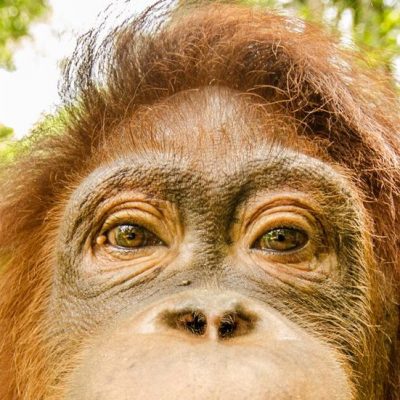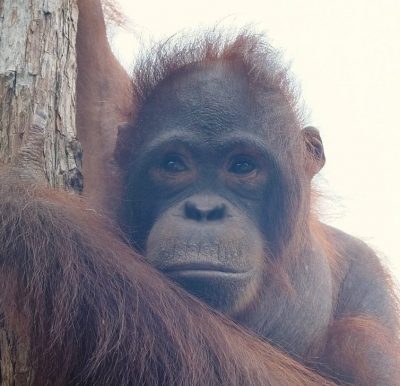Hockey’s Special Needs by Allison Leach “Special” is indeed the word that first comes to mind when thinking of the orangutan Hockey. She came to the OFI Care Center as… Continue reading Hockey’s Special Needs
Hockey’s Special Needs


Hockey’s Special Needs by Allison Leach “Special” is indeed the word that first comes to mind when thinking of the orangutan Hockey. She came to the OFI Care Center as… Continue reading Hockey’s Special Needs

Caca by Emi Kusayanagi It’s another hot and sunny morning at the Orangutan Care Center and Quarantine (OCCQ) in Central Kalimantan (Borneo), Indonesia. At Camp Danielle, the youngest orangutans under… Continue reading Orangutan of the Month for Nov, 2018: Caca